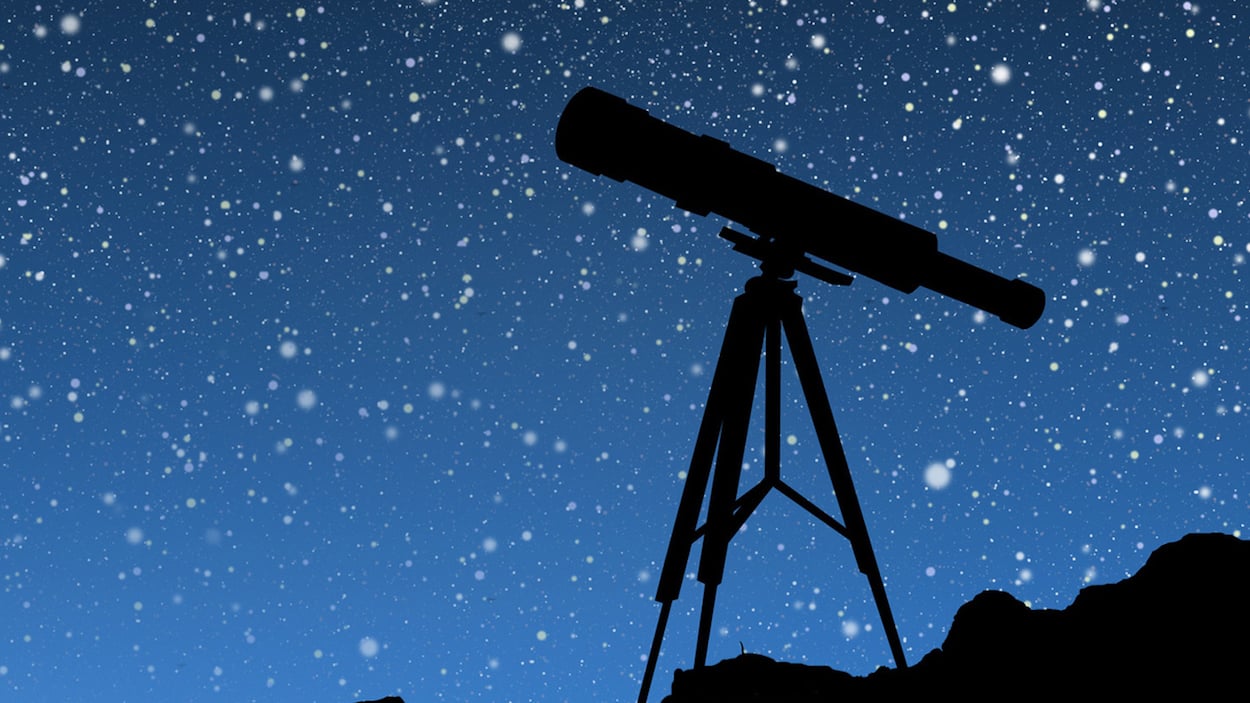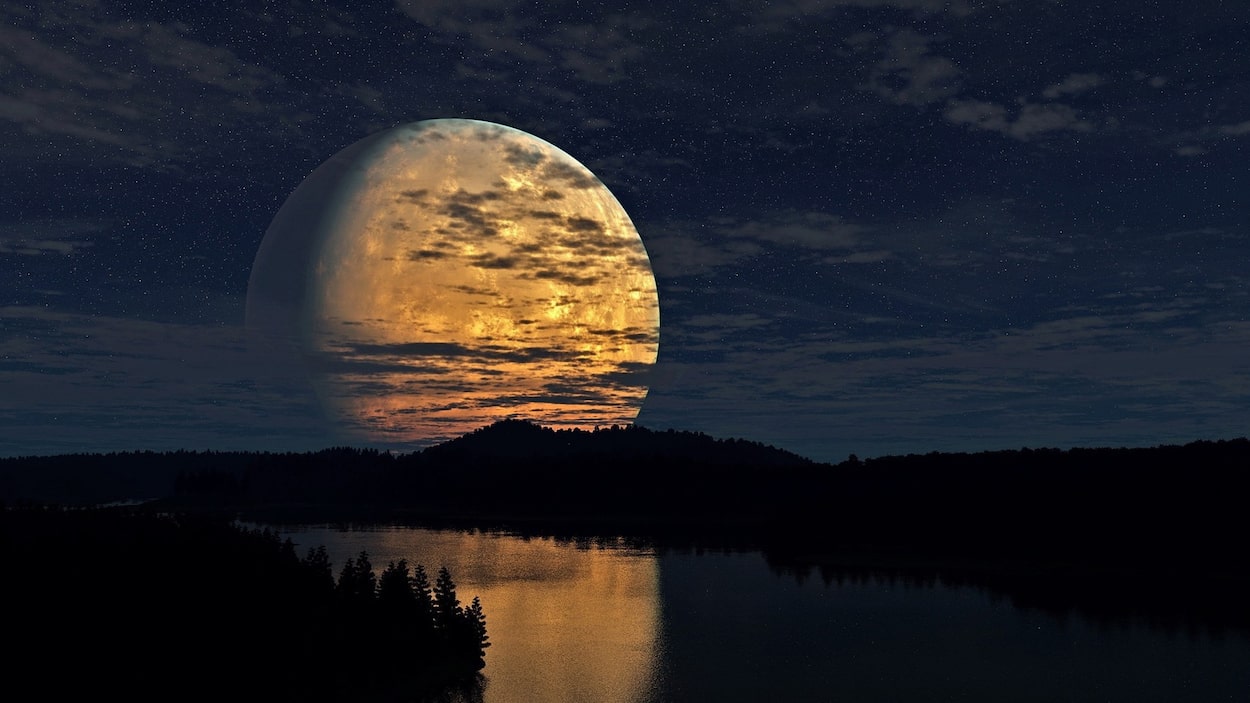Some years ago a man named Carlo Carretto wrote a book called Letters from the Desert. In it, he describes how, at the age of 44, he joined a religious congregation that actually lives in the Sahara Desert: the Little Brothers of Jesus. It’s their ministry to exist very simply and to pray for the conversion of Arab peoples. Carlo’s book describes what it’s like to live in the desert; one of the first things he discovered is how beautiful the sky is at night. He wrote, “[The beauty of the night sky] made me send off for books on astronomy and maps of the sky; and for months afterwards I spent all my free time learning [about the stars shining above me]. . . . Kneeling on the sand I sank my eyes for hours and hours in those wonders. . . . How dear they were to me, those stars. . . . I had come to know them by their names. . . . Now I could distinguish their color, their size, their position, their beauty.” Carlo also discovered that besides being very beautiful, the stars can serve a very practical purpose. He wrote, “Finding one’s way in the desert is much easier by night than by day. . . . Many times when searching [for an Arab camp] . . . I lost my way because the sun was too high in the sky. But I waited for the night and found the road again, guided by the stars” (Link, Illustrated Sunday Homilies, Year C, Series II, p. 17).
Carlo’s experience in the desert speaks to our human condition. The world around us and above us is very beautiful, but with all the activities and responsibilities of daily life, it’s easy to lose sight of this truth. Also, life is meant to be a journey, but we’ll never successfully find the way if we rely only upon our own efforts; we need to look above and beyond ourselves for heavenly guidance. The journey of the magi to visit the newborn King is not only an event which occurred over 2000 years ago; it’s also a message or reminder to us today. Jesus must be the goal we seek throughout life, and divine grace is readily available to guide and assist our search—and as long as our desire for Him is wholehearted, our quest will be successful.
A star guided the magi, or wise men, to Bethlehem; we might say this is history’s first recorded use of a GPS, or global-positioning system. These ancient astronomers, though pagans, were seeking the truth, and were willing to travel great distances and make great sacrifices in order to find it. Their attitude is contrasted with that of King Herod, whose response to the news of a newborn king was rooted in fear, jealousy, and murderous deceit. Herod, as we know, eventually died a horrible death after having committed many terrible crimes, including the slaughter of the infants of Bethlehem. We don’t know what became of the magi once they left Bethlehem, but we can be sure God’s blessing was always with them. They fulfilled the prophecies from Isaiah (60:1-6) and Ephesians (3:2-3, 5-6), showing that God’s saving grace is intended for all peoples, and their gifts to the Holy Family exemplify the generous self-giving Jesus seeks from each one of us.
At a cocktail party a famous astronomer was talking to a priest. The scientist was filled with self-importance, and condescendingly remarked to the clergyman that he didn’t really believe in God or have much use for religion, but that if he ever felt religious, his personal need for spirituality could easily be fulfilled by the simple children’s prayer “Now I lay me down to sleep.” Not to be outdone, the priest responded, “Well, I personally have no use for astronomy, and when I do have to think about the subject, I find my needs are more than adequately covered by the little poem ‘Twinkle, twinkle, little star.’” It’s as foolish to believe that religion is only needed by weak, childish people as it is to believe that the beauty and vastness of space can be adequately expressed by a child’s nursery rhyme. Life is a glorious mystery, not a problem to be solved, and unlocking its deepest meaning requires an attitude of humility, not one of self- satisfaction.
Amateur star-gazers know that it’s absolutely essential to escape from the artificial lights of civilization in order to see the full beauty of the night sky. This is also true for us in a spiritual sense; in order to find our way to God, we need experiences of solitude and stillness, without the constant distractions that usually surround us. Among other things, this certainly means spending regular time in prayer and Scripture reading, preferably every day; it also means coming to Mass each weekend, being involved in some form of service to others, continuing to learn more about our Faith, and frequently examining our consciences, receiving the Sacrament of Reconciliation whenever we find ourselves being led away from God by our sins. It’s not necessary for us literally to go into a desert, as did Carlo Carretto, but we do have to make sure there’s enough silence and space in our lives to be able to see and follow the light of God’s truth.
It’s very easy to go astray in our technological, fast-paced world, and many people are choosing to follow the values and direction of King Herod, acting out of greed, fear, and a ruthless but foolish self-importance. We must consciously choose to travel the path of the magi, letting ourselves be guided by divine truth, humbling ourselves in Christ’s presence, and generously giving Him our hearts. Just as the wise men returned home by a different direction, so the course of our lives may not turn out exactly as we wanted or expected—but our genuine worship of Christ as our King will bring us safely home.








